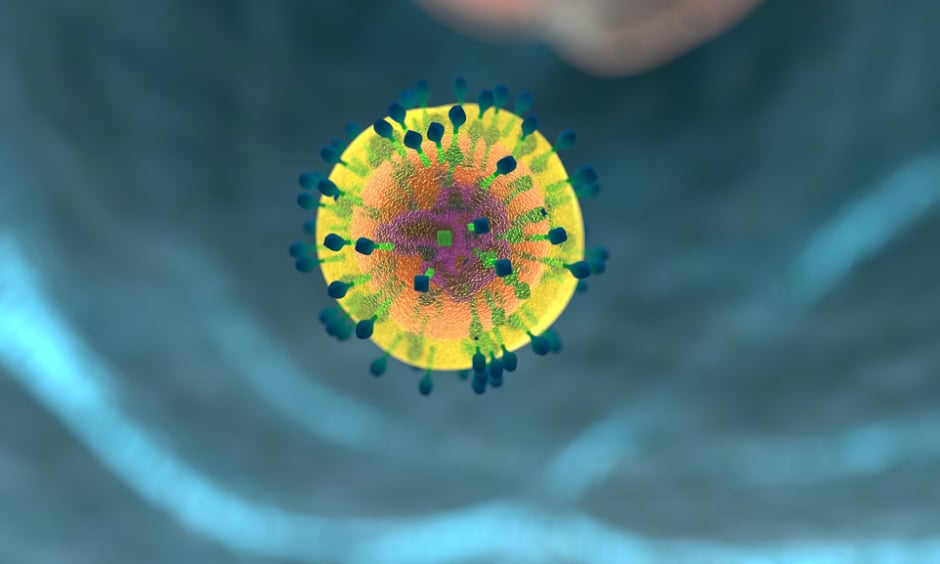OLIGODENDROCYTES can be generated from pluripotent stem cells, as demonstrated in a new method developed by researchers from KU Leuven, Leuven, Belgium. This technique will enable researchers to better understand the mechanisms and therapeutic potential of these cells, which could lead to the development of new treatments for conditions such as multiple sclerosis (MS) and amyotrophic lateral sclerosis (ALS).
Deriving Oligodendrocytes
Using pluripotent cells, the most immature type of stem cell, the team were able to derive oligodendrocytes quickly and efficiently. This was done by locating the SOX10 transcription factor, which, with an almost perfect success rate, can make stem-cell-derived brain cells develop into oligodendrocytes.
Cell Biology
Defects in oligodendrocytes, which regulate the production of myelin and help provide nutrients that support the neurons, are strongly associated with neurodegenerative conditions such as MS and ALS. Therefore, a greater understanding of the mechanisms and functions of these cells is crucial for finding new targeted therapies for these types of conditions.
“Our understanding of the biology of these cells and the role they play is still fairly limited,” commented Prof Catherine Verfaillie, KU Leuven. She added: “Oligodendrocytes are difficult to access in human tissue, and existing methods to derive them from stem cells in the lab are ineffective.”
She continued: “Like their counterparts in the human brain, the oligodendrocytes we generated can produce myelin around neurons, both in the lab and in the brains of mice lacking myelin. We can also derive these cells from the pluripotent stem cells of patients with MS and genetic forms of ALS with similar efficiency and speed.”
New Therapeutic Pathways
This new method will therefore make it much easier for scientists to study the cells and discover new therapeutic pathways. The supply of oligodendrocytes that can be used to create standardised models for MS or ALS would also be unlimited, because the stem cells can be grown indefinitely, which may allow candidate treatments to be tested.
James Coker, Reporter
For the source, and further information on the study, click here.








